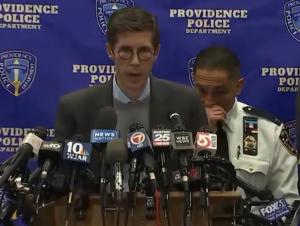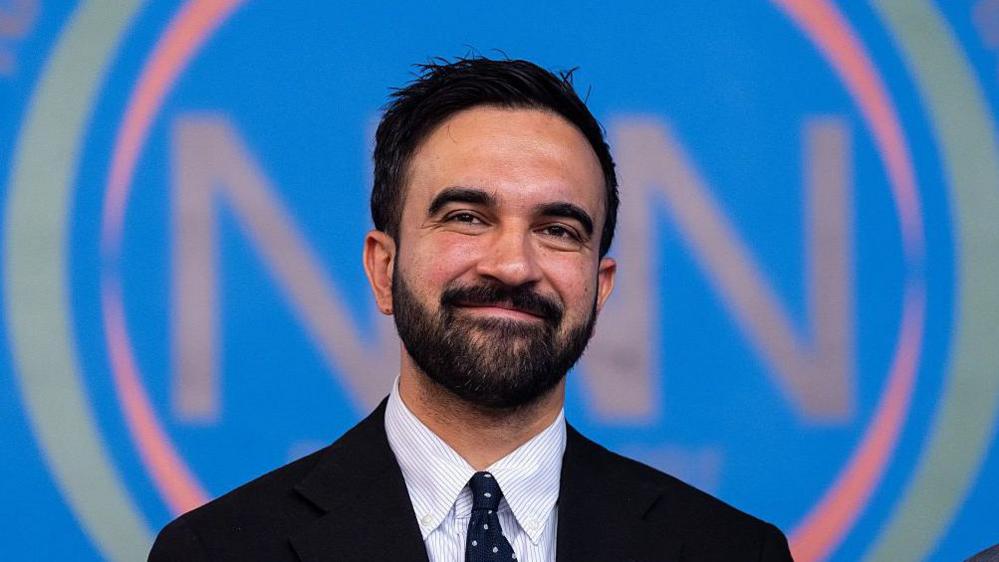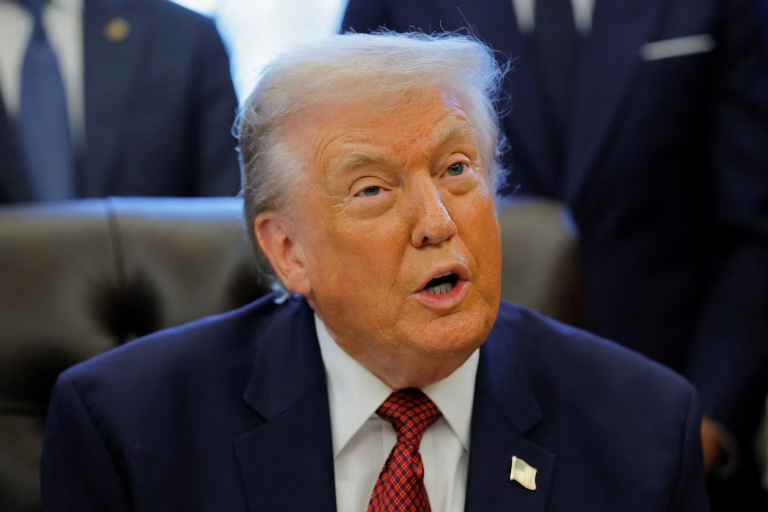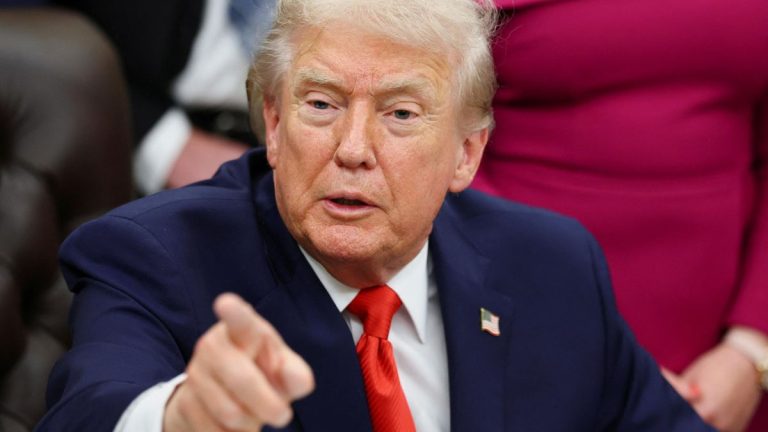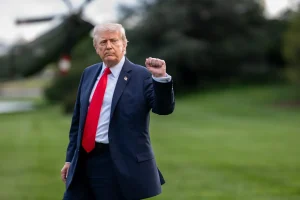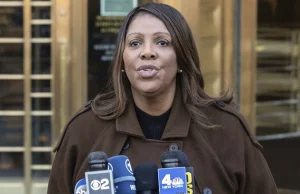Zohran Mamdani, a Democratic Socialist, has emerged as a prominent figure in the 2025 New York City mayoral race. At 34 years old, he has gained attention for his progressive platform, grassroots organizing, and the coalition of community and advocacy groups that have supported his political rise. His journey provides insight into how modern political campaigns in major U.S. cities are shaped by activism, philanthropy, and demographic shifts.
Early Life and Education
Mamdani was born in Uganda to Indian parents and immigrated to the United States at a young age. He attended Bowdoin College in Maine, where he became actively involved in student organizations advocating for social justice and Palestinian rights. These early experiences introduced him to political activism and laid the foundation for his later involvement in public office.
After college, Mamdani returned to New York, where he became involved in local civic initiatives, particularly those focused on increasing political engagement among minority and immigrant communities. His early activism reflected a commitment to social justice, equity, and political participation, themes that have remained central to his political identity.
Entry into Politics
Mamdani’s first significant political office was as a member of the New York State Assembly, representing parts of Queens. His campaign drew on his community organizing experience, emphasizing local issues such as affordable housing, education, and immigrant rights. During this period, he also worked with advocacy organizations focused on civic engagement, including groups aimed at mobilizing Muslim-American voters.
Mentorship and connections from experienced activists helped Mamdani navigate the political landscape, providing guidance on strategy, outreach, and fundraising. These relationships were important in establishing his credibility and effectiveness as a candidate.
Support Networks and Philanthropic Backing
Mamdani’s campaigns have been supported by a coalition of advocacy and civic organizations. Groups such as MPower and Emgage have been active in voter mobilization, community outreach, and advocacy on issues affecting minority communities. These organizations have a history of involvement in civic engagement initiatives and have provided nonpartisan educational programming designed to encourage democratic participation.
Philanthropic organizations have also supported these advocacy groups. Donations have helped fund initiatives such as voter registration drives, community education programs, and outreach to historically underrepresented populations. While these funds have supported civic engagement, it is important to note that they are generally not directed toward individual political candidates’ campaigns, reflecting a broader commitment to strengthening democratic participation.
Political Platform
Mamdani’s platform emphasizes progressive policies aimed at addressing social and economic inequality in New York City. Key proposals include expanding affordable housing, implementing measures to reduce rent burdens, providing universal childcare, and increasing access to public transportation. He also advocates for increased funding for public education, environmental sustainability initiatives, and programs to support small businesses in historically underserved neighborhoods.
On fiscal policy, Mamdani supports reforms aimed at ensuring that high-income individuals and large corporations contribute a fair share of taxes to fund public services. His policy approach seeks to balance economic growth with social equity, prioritizing the needs of marginalized communities.
Controversies and Criticisms
Mamdani has faced criticism related to associations with individuals who have been linked to controversial statements or activities. These associations have prompted public debate and scrutiny of his political network. Mamdani has publicly distanced himself from extremist views and emphasizes a commitment to progressive values and community-focused governance.
Campaign finance has also drawn attention. Reports indicate that his campaign received small contributions from foreign sources, which were returned after discovery. These incidents have raised questions about compliance with campaign finance regulations, though there has been no evidence of intentional wrongdoing.
Endorsements and Alliances
Despite the controversies, Mamdani has received endorsements from a number of prominent political figures and organizations. Leaders within the Democratic Party, as well as progressive advocacy groups, have expressed support for his candidacy. These endorsements have strengthened his credibility and helped unify supporters around shared policy goals.
His campaign has also benefited from alliances with labor unions, community organizations, and civic groups that advocate for policies aligned with his platform. These coalitions have enhanced his outreach capabilities and helped mobilize voters in local communities.
Media Coverage and Public Perception
Media coverage of Mamdani has been mixed, reflecting both his policy initiatives and the controversies surrounding his political associations. Some coverage has highlighted his progressive platform, endorsements, and community organizing successes, while other reports have focused on past associations and campaign finance issues. This range of coverage has contributed to a polarized perception among the electorate.
Polling data suggests that Mamdani enjoys strong support in several constituencies, particularly among younger voters and immigrant communities. The final outcome of the election will depend on voter turnout and how effectively his campaign addresses concerns among undecided voters.
The Broader Context of Political Activism
Mamdani’s rise illustrates the role of activism, philanthropy, and community organizing in shaping political campaigns. His support base is rooted in networks that have long focused on civic engagement, minority representation, and social justice initiatives. The use of these networks demonstrates how grassroots and institutional support can converge in contemporary urban politics.
While financial backing from philanthropic sources provides resources for civic engagement programs, it is important to differentiate this from direct campaign contributions. These philanthropic initiatives often operate within legal frameworks designed to maintain nonpartisanship and encourage democratic participation, rather than influencing specific electoral outcomes.
Conclusion
Zohran Mamdani’s political ascent is a case study in how progressive activism, community organizing, and civic engagement can shape a candidate’s trajectory in a major metropolitan election. His campaign reflects a blend of policy-focused advocacy, grassroots mobilization, and strategic alliances with civic organizations.
At the same time, his political journey highlights the complexities of modern campaigning, including scrutiny over associations and the importance of compliance with campaign finance laws. Navigating these challenges while maintaining voter support is a central task for Mamdani as he seeks to become the next mayor of New York City.
His candidacy underscores broader trends in U.S. urban politics, where demographic changes, activist networks, and philanthropic involvement intersect to influence electoral outcomes. As the 2025 mayoral election unfolds, Mamdani’s ability to address controversies while advancing his progressive agenda will likely determine his ultimate success.

Emily Johnson is a critically acclaimed essayist and novelist known for her thought-provoking works centered on feminism, women’s rights, and modern relationships. Born and raised in Portland, Oregon, Emily grew up with a deep love of books, often spending her afternoons at her local library. She went on to study literature and gender studies at UCLA, where she became deeply involved in activism and began publishing essays in campus journals. Her debut essay collection, Voices Unbound, struck a chord with readers nationwide for its fearless exploration of gender dynamics, identity, and the challenges faced by women in contemporary society. Emily later transitioned into fiction, writing novels that balance compelling storytelling with social commentary. Her protagonists are often strong, multidimensional women navigating love, ambition, and the struggles of everyday life, making her a favorite among readers who crave authentic, relatable narratives. Critics praise her ability to merge personal intimacy with universal themes. Off the page, Emily is an advocate for women in publishing, leading workshops that encourage young female writers to embrace their voices. She lives in Seattle with her partner and two rescue cats, where she continues to write, teach, and inspire a new generation of storytellers.



